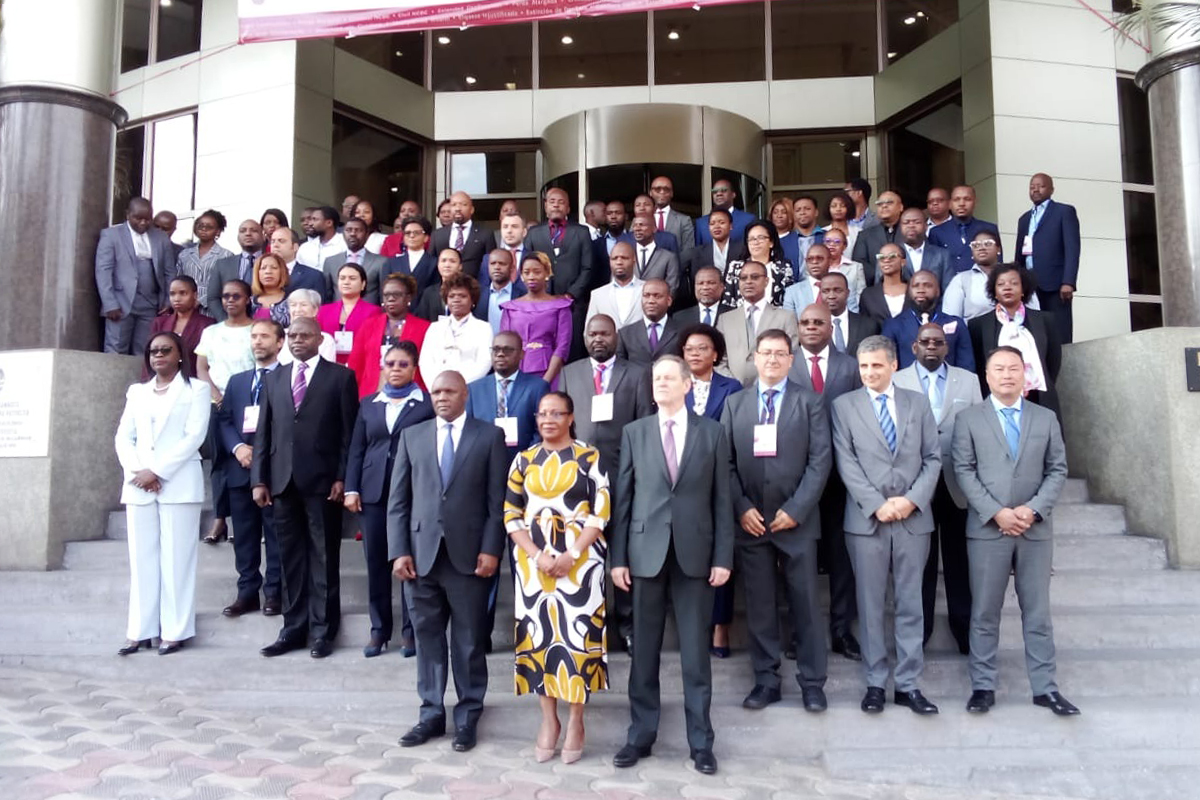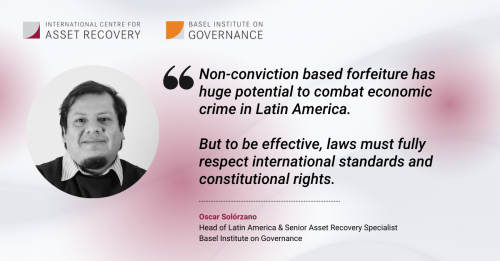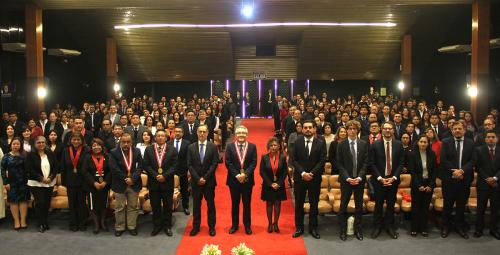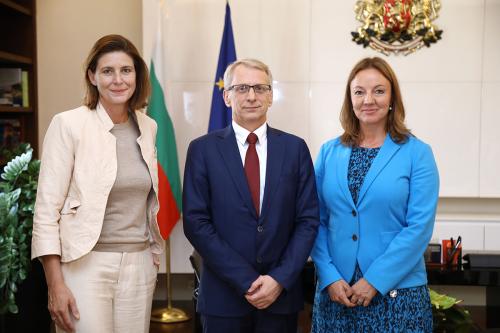Mozambique drafts new civil confiscation law to boost recovery of stolen assets

Mozambique is moving towards the introduction of a new civil confiscation law that would enable the forfeiture of proceeds of crime outside of criminal proceedings.
Mozambique’s Minister of Justice, Constitutional and Religious Affairs and Deputy Attorney General co-chaired a high-level international seminar on the topic in the Mozambican capital Maputo on 3–4 July 2023.
The draft law was reviewed and improved at a working group meeting during the rest of the week. Mozambican lawmakers held detailed discussions with international experts in civil/non-conviction based forfeiture legislation.
We were delighted to organise the event and working group meeting together with our partner, the Attorney General's Office of the Republic of Mozambique, with the support of the Swiss Agency for Development and Cooperation and the Swiss Embassy in Mozambique. A Mozambique-based team of our International Centre for Asset Recovery (ICAR) works closely with the Mozambican authorities in their efforts to investigate and prosecute corruption and recover illicit assets.
About the law
Like many countries, Mozambique is seeking ways to expand its legal toolbox to recover assets linked to corruption and other serious crimes. The idea of a civil confiscation law was discussed at the 2022 Lisbon Conference organised by ICAR, which brought together high-level judicial and law enforcement actors from Lusophone countries with international experts in asset recovery.
Such a law would enable the confiscation of criminal proceeds through a civil process. This would help to overcome the challenges of achieving a criminal standard of proof (e.g. beyond reasonable doubt) in establishing the link between assets and specific offences, by replacing it with a civil standard (e.g. on the balance of probabilities). In this way, Mozambique’s authorities would be better equipped to target the high profits of criminal networks – thus preventing their economic infiltration into society and reducing the availability of funds to pursue further criminal activities.
A draft civil confiscation law is now underway. The draft is based partly on the Model Law on Extinción de Dominio proposed by the UN Office on Drugs and Crime and partly on the laws of Latin American states, notably the Peruvian Extinción de dominio law. Extinción de dominio similarly enables the confiscation of criminal assets without a criminal conviction. Since its introduction in 2018, Peru has become a leader in the recovery of stolen assets in Latin America.
It is expected that the civil confiscation law proposal may be presented to Parliament shortly.
International seminar
The two-day seminar in Maputo focused on the need to boost the recovery of illicit assets, both to deprive criminals of their ill-gotten gains and as a deterrent to others. A special focus was the role of civil confiscation mechanisms.
In her opening speech, Justice Minister Helena Kida emphasised how the event will reinforce collaboration and coordination between institutions, ultimately helping to combat criminality in the country. She said:
“Crime is not, and cannot be, an entitlement to property. The State must ensure that it is not possible to accumulate wealth by committing illicit acts. We therefore applaud this work, which is also part of the effort that Mozambique is making to be removed from the Financial Action Task Force grey list.”
Deputy Attorney General Alberto Paulo spoke of the need to gather stakeholders from different parts of society to reflect jointly on the need for a civil confiscation law to strengthen asset recovery. Mentioning the deterrent effect of civil confiscation, he said:
"Depriving the perpetrator of the proceeds of criminal activity is one of the most powerful mechanisms in the fight against crime. It helps to deter criminals from committing crime and prevents unfair competition through the introduction of illicit proceeds into the legal economy."
In turn, the Swiss Ambassador in Mozambique, Olivier Bürki, praised and encouraged the Mozambican authorities for the commitment they have shown in fighting crime, especially organised and transnational crime.
The event aligned with Pillar II of the Mozambican Government’s Five-Year Plan 2020-2024, related to the promotion of good governance and decentralisation. A key aspect is improving the technical capacity of magistrates, criminal investigators and prosecutors in matters related to corruption, money laundering and cybercrime.
Learn more
- See the press release of the Mozambican Government about the seminar.
- Read about civil confiscation laws among Lusophone countries in the post-conference recommendations of the 2022 Lisbon Conference.



